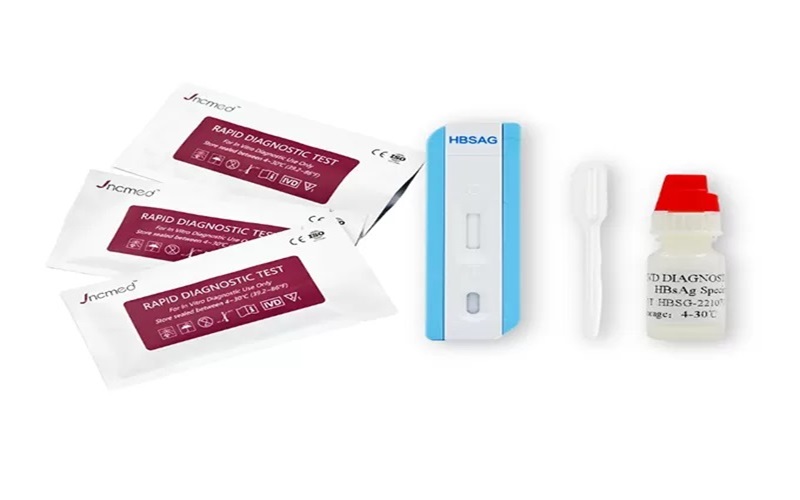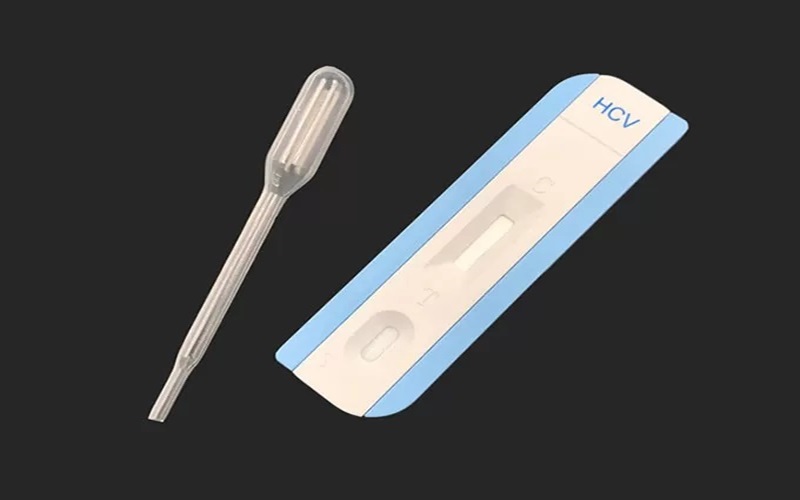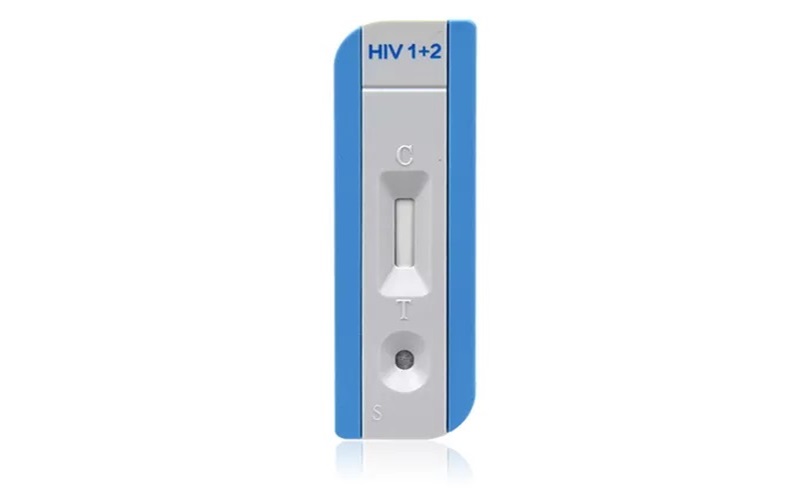First, consider the type of medical waste. For example, infectious waste may require special bags and containers that are leak-proof and have a high level of microbial resistance. Sharps waste requires dedicated puncture-proof sharps containers.
Second, consider the volume of waste. Larger healthcare facilities may require a larger capacity treatment product or system to handle large volumes of waste continuously.
Finally, don't forget to check for compliance with relevant regulations. Make sure the product meets local, national, and international standards for medical waste treatment.






